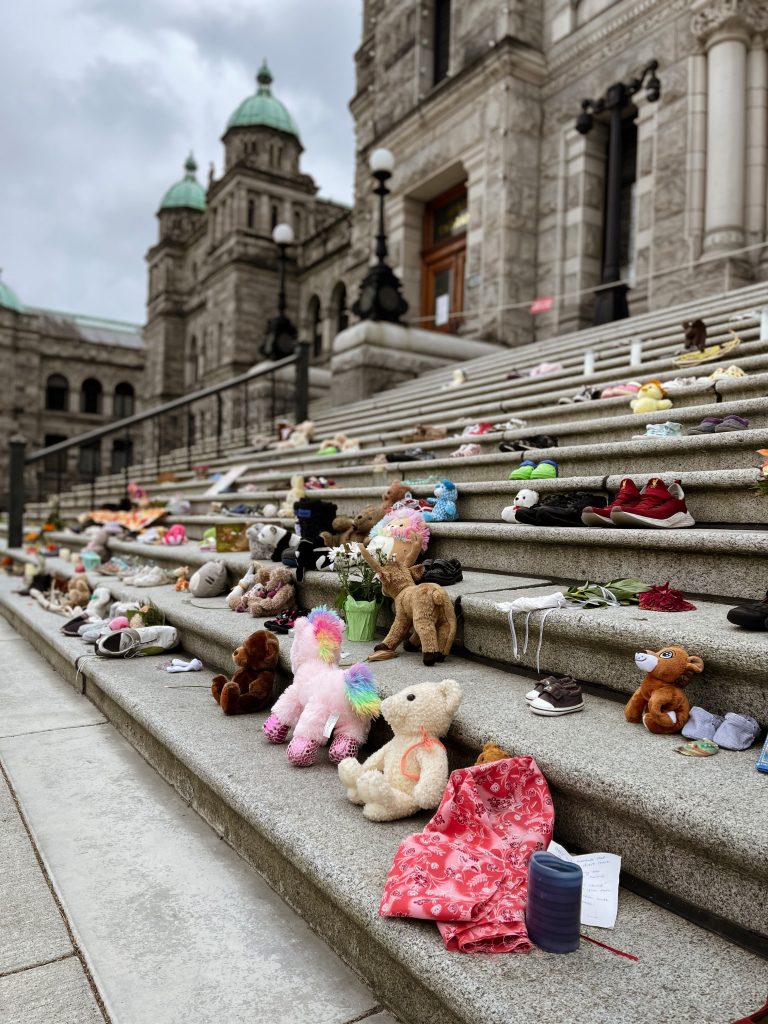Indigenous and Canadian Studies

Indigenous and Canadian Studies are independent, yet related, fields that examine the experiences of Indigenous persons and settlers within our nation. Within this part of the book, we examine historical and contemporary decisions that have been put in place through policy, and the long-term impacts and repercussions of these choices. We begin with a chapter on Indigenous Studies, followed by a chapter on Politics, Policy, and Housing in Canada. As you work through these chapters, you are encouraged to critically reflect upon what these disciplines contribute to our knowledge and understanding of homelessness in Canada.
Perhaps as you read this, you are considering a career that relates to Indigenous and Canadian Studies, such as an Indigenous Youth Worker, Housing Policy Maker, or Politician. The chapters in this section are designed to help you think critically about some of the questions you may encounter in these fields of employment. Understanding homelessness will help you navigate situations and choices you have to make. Consider, for example, a scenario in which a young Indigenous man leaves his family, community, and home on a northern reserve to seek employment in a large urban centre. When he arrives, he is unable to find work and housing is more expensive than he can afford. He is unable to pay for a return bus ticket and is alone in the city. As an Indigenous Youth Worker, this young man may seek you out for tangible assistance, like securing a room at a shelter, as well as for emotional and social support. Would it be better to help this young man return and reconnect with his family in the north, or help him try to find whatever work and housing he can within the city? As a Housing Policy Maker or Politician, the choices you make will trickle down to the availability of housing and supports within the community. How much affordable housing is enough, and what does affordable even mean anyway?
Before you begin, pause to consider how you would respond in each of the roles of the scenario above. With the knowledge you currently have about homelessness in Canada, why do you think it is important to consider Indigenous Studies and Canadian Studies as separate but related chapters? In the scenario, whose responsibility is it to ensure this young man has access to employment and affordable housing, whether he resides on a northern reserve or remains off-reserve in the city?
You are encouraged to keep this scenario in your mind as you read through the next two chapters and ask yourself whether any of your responses change, or are reaffirmed, after learning more about what Indigenous and Canadian Studies can teach us about homelessness in Canada.

